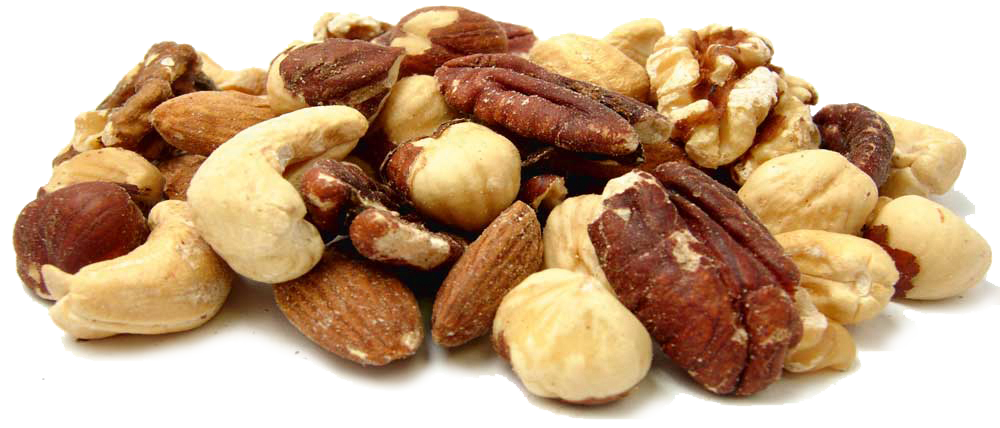
Issue 060
March 2010
As you stand in the kitchen, there are no cakes, cookies, or mince pies in sight – because over the last couple of months you’ve eaten them all! What’s done is done though, and there is no point feeling sorry for yourself. Sure, you may be carrying some extra weight and lack a bit of sharpness when sparring, but now is the time to get that back – with improvements.
If you have taken extra calories on board over the winter months, it’s likely to have done your body some good. As much as a fighter needs to train intensely, allowing the body to recover is also important; there’s no need to mentally beat yourself up about it. The most important move to make is to start getting back into a healthy eating / consistent training routine immediately. No time for excuses, you’ve had the recovery phase – now for the training phase.
The first step is to evaluate how much ‘damage’ the excess calories have done over the winter months. If you’re only carrying an extra one or two kilograms then no major changes are needed. An increase in training frequency / intensity will see the weight drop off with no problem (assuming calorie intake is constant). For those carrying an extra three or four kilograms (roughly half a stone) then some small dietary reassessment is needed. If you’re carrying five kilograms or more then larger dietary changes will be required to get back down to your ‘normal’ weight.
Keeping a food diary can be very useful to monitor what changes may be necessary. If bad eating habits have crept in over the last couple of months, they can now be perceived as being normal. Once ‘two bags of chips and a candy bar’ are written down on paper, they almost become alive! You can’t hide from them that way. If you’ve kept a food diary during periods of more controlled eating, it provides a very easy comparison.
Look at the food diary and see what unnecessary calories are in there; for example food very high in saturated fat or sugar, such as cakes, chips, cookies, etc. Start off by reducing / eliminating these foods, and after at least seven days monitor your weight (or body-fat percentage if possible). It’s important not to think of it as a diet; it’s more returning to your normal eating pattern after a break. Thinking of it as a diet will only make you crave treats.

If reducing snacks doesn’t have the desired effect, then you need to make further changes. Aim to consume regular small meals throughout the day; this helps to regulate your metabolism as well as keeping hunger at bay. Chances are that unhealthy foods have become your snacks, so dropping them will leave you hungry – and susceptible to cravings. Foods that are high in protein and / or fiber are very effective at leaving you feeling fuller for longer. Examples that provide energy and keep hunger at bay include a handful of mixed nuts, or crispbread and cottage cheese to fill the gaps.
If it’s proving to be really difficult to avoid having treats, remember it’s not a diet. Treats are OK in moderation. It’s not like you’re a week out from a fight, trying to make weight. Allow yourself a couple of treats a week, or a ‘cheat day’ where you have a couple of meals with no restrictions. Just remember that it’s a cheat day, not a cheat week!
If the results aren’t immediate, don’t panic. This isn’t the time to dramatically cut calories, there’s no need. It’ll take a few weeks to burn off the extra fat stored as a result of prior overindulgence. It’s important to remember that the additional fat has come from additional junk food. When the junk food goes, calories reduce and weight will start to return to normal.
ASK SIMON Q&A
Q. I’m not lactose intolerant, but I’ve heard that dairy products can be bad for you. Is this true, and what about whey protein? Isn’t that made from dairy?
A. As with most things in life, too much of anything can be bad for you. If you are not lactose intolerant there is no reason to avoid dairy altogether. Dairy contains many nutrients that have health benefits and specific benefits for a fighter. Research shows that increasing dairy consumption can increase bone mineral density – which is very important for fighters. Whey protein is derived from milk, and has a number of benefits including aiding recovery, complete amino acid profile and high calcium-content.
Q. I try not to eat chocolate or snack on bad food, but I’ve got a real sweet tooth. Are there any tasty supplements I could snack on instead of sugar-laden sweets?
A. For those with a sweet tooth, sensible snacking can be a nightmare as snacks considered healthy are, typically, bland and not overly appealing. Supplement-wise, protein bars provide a good option. Most contain over 20g of protein, have a low glycemic index value and contain a healthy amount of chocolate to keep those sweet cravings away.
...









